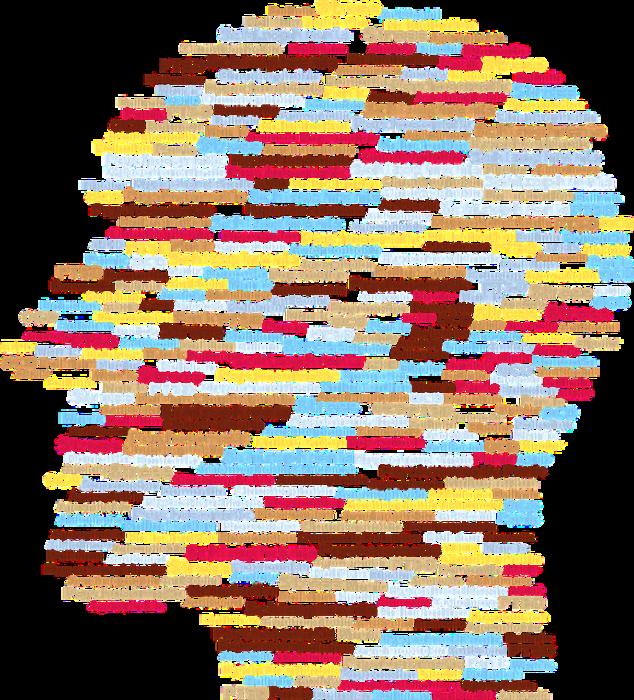Diagnostic labels for people experiencing what some consider to be relatively milder forms of mental-ill health may affect how others perceive them for better and worse, according to a study published August 28, 2024 in the open-access journal PLOS Mental Health by Nick Haslam from the University of Melbourne, Australia, and colleagues.

Credit: Gordon Johnson
Diagnostic labels for people experiencing what some consider to be relatively milder forms of mental-ill health may affect how others perceive them for better and worse, according to a study published August 28, 2024 in the open-access journal PLOS Mental Health by Nick Haslam from the University of Melbourne, Australia, and colleagues.
In recent years, there’s been a general shift to increased diagnoses of mental ill-health. Here, Haslam and colleagues investigate the implications of diagnosing individuals presenting with mild or marginal symptoms. In this research, symptoms were judged to be mild or marginal by members of the public who rated different examples ranging in severity from clearly below to clearly above the diagnostic threshold as determined by a scale in a prior study.
Haslam and colleagues provided research participants (who were U.S. adults recruited from an online platform) with short vignettes describing people presenting with mild or marginal symptoms of different mental illnesses. 261 participants in Study 1 were given three labeled (“This person has a diagnosis of ___”) or unlabeled vignettes describing people presenting with symptoms of major depressive disorder (MDD), bipolar disorder (BD), or generalized anxiety disorder (GAD). 684 participants in Study 2 were given one labeled or unlabeled vignette describing someone presenting with either post-traumatic stress disorder (PTSD), obsessive-compulsive disorder (OCD), or binge-eating disorder (BED). Participants were asked about their empathy for the described individual, their support in offering accommodations (e.g. “This person’s employer should not hesitate to offer them extra time to complete work-related tasks”), their suitability for mental health treatment, the persistence of their difficulties (e.g. “This person is likely to fully recover from their problems.”), and their identity (e.g. “This person’s problems are an important part of who they are” (Study 2 only)).
In Study 1, labeled individuals tended to elicit more empathy and be seen as more suitable for treatment versus unlabeled individuals, but were also believed to have more persistent problems. Study 2 differed from Study 1 in that there was no significant difference between empathy for labeled versus unlabeled individuals, but it also found that labelled individuals were seen to have less capacity to overcome their problems. Participants’ ratings varied significantly depending on the described disorder, with MDD and PTSD eliciting especially high empathy and accommodation support.
The results suggest that expansive diagnostic concepts that include relatively mild symptoms may promote help-seeking, empathy, and support, but also undermine perceived agency and expectations that problems can be overcome. It’s critical to remember that the severity of symptoms of individuals with the conditions referred to in this study can change over time and “mild” is subjective. Additionally, the choice to obtain or choose a diagnostic label is a personal one and varies between individuals, conditions and communities.
The authors add: “Applying diagnostic labels to relatively mild forms of distress has mixed blessings. Our research shows that it can increase empathy and support for the person, but also make their problems seem out of their control and harder to overcome.”
#####
In your coverage please use this URL to provide access to the freely available article in PLOS Mental Health: https://journals.plos.org/mentalhealth/article?id=10.1371/journal.pmen.0000096
Citation: Altmann B, Fleischer K, Tse J, Haslam N (2024) Effects of diagnostic labels on perceptions of marginal cases of mental ill-health. PLOS Ment Health 1(3): e0000096.
Author Countries: Australia
Funding: This work was supported by Australian Research Council Discovery Project DP210103984 to NH. The funders had no role in study design, data collection and analysis, decision to publish, or preparation of the manuscript.
Journal
PLOS Mental Health
Method of Research
Experimental study
Subject of Research
People
COI Statement
Competing Interests: The authors have declared that no competing interests exist.



